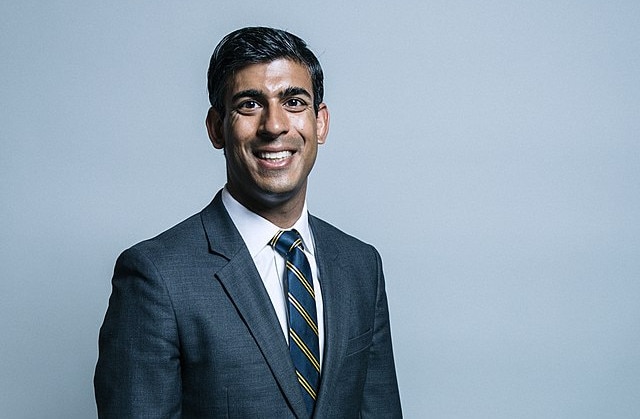The property industry has expressed frustration with Prime Minister Rishi Sunak’s move to get rid of EPC targets, as well as delaying other green policies.
Landlords have been told they will have to bring EPCs up to a minimum level of C by 2028 (originally 2025) for some time, only for the goalposts to be moved once again.
The ban on new oil and gas boilers, as well as coal heating off the gas grid will be delayed from 2026 to 2035, while the poorest households will be exempt from the gas boiler ban.
Jonathan Daines, founder and chief executive, lettingaproperty.com, said: “The government’s U-turn on introducing new energy efficiency regulations on homes is frustrating for our landlord clients, many of whom have already taken steps to ‘do the right thing’ in preparation for change.
“With the planned EPC changes looming, many landlords in our community proactively improved the energy efficiency of their properties. They incurred significant costs and practical hassles, to make energy efficiency upgrades in line with proposed EPC minimums.
“Some of our landlords even took the drastic step of selling their property because it was financially or practically impossible to make necessary improvements.
Paresh Raja, chief of specialist lender Market Financial Solutions, made similar comments.
He said: “Many landlords will have already improved the energy efficiency of their properties at great expense, so today’s announcement may trigger some frustration.
“Moreover, the next general election could result in the winning party reintroducing new EPC rules anyway, so the decision brings further uncertainty into a property market that would benefit from greater stability.
“Meanwhile, there are some renters who will worry about living in properties with poor energy efficiency – their bills this winter will reflect that.
“The shift towards a greener property market is to be welcomed and encouraged. Today’s announcement will offer some relief to landlords in the short-term, but the long-term goal – as in every industry – must be to work together towards a more sustainable future. Ultimately, greater clarity around long-term reforms is required within the property sector at this time.”
They both did acknowledge the change could be a relief to some landlords in the short-term however, who will no longer need to upgrade their properties.
Ben Beadle, chief executive of the National Residential Landlords Association, said: “The NRLA wants to see all properties as energy efficient as possible. However, the uncertainty surrounding energy efficiency policy has been hugely damaging to the supply of rented properties.
“Landlords are struggling to make investment decisions without a clear idea of the government’s direction of travel.
“It is welcome that landlords will not be required to invest substantial sums of money during a cost-of-living crisis when many are themselves struggling financially. However, ministers need to use the space they are creating to develop a full plan that supports the rental market to make the energy efficiency improvements we all want to see.
“This must include appropriate financial support and reform of the tax system which currently fails to support investment in energy efficiency measures.”
Don McLean, chief executive and founder of climate tech firm IES, was unsurprisingly very critical of Sunak.
He said: “Plans to drop new energy-efficiency targets for private rented homes will serve as a major blockade to the decarbonisation of the built environment, which is recognised as the largest source of climate emissions after surface transport.
“And while it may save landlords money not to have to pay to upgrade the energy efficiency of their properties, it is their tenants who will suffer.
“Homes with poor energy efficiency ratings use and waste more energy, the costs of which remain sky-high amid a cost of living crisis.
“Occupant comfort will be put on the back burner, leaving tenants with homes that are harder to heat due to poor insulation in the winter months, or at risk of overheating during the record hot summers we have witnessed in recent years.”
